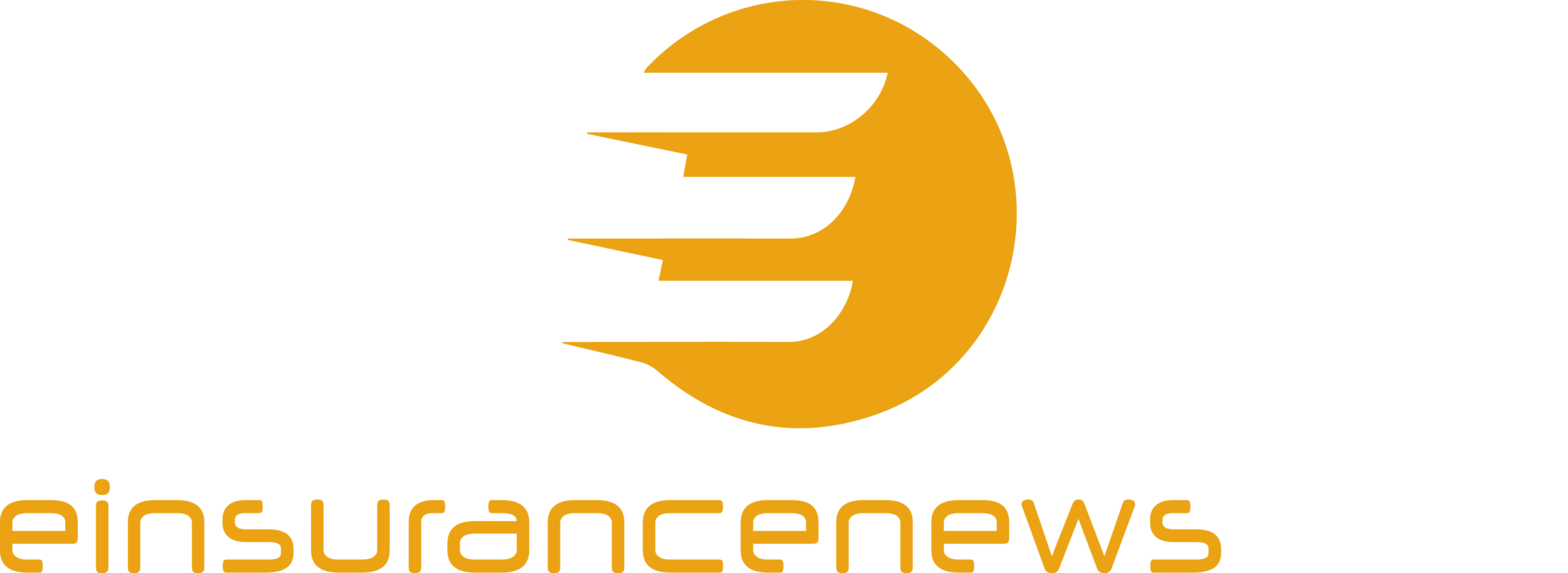
When in the market for life insurance, you’ll need to figure out two key issues: How much life insurance coverage do I need? And, what type of life insurance policy should I buy?
In this article, we walk you through the different types of life insurance policies and their benefits. Then, point you to the easiest way to get cheap life insurance coverage.
What is life insurance and why is it important?
Life insurance is a financial contract between a policyholder and an insurance company. The insurer agrees to pay a death benefit to a named beneficiary upon the death of the policyholder. In exchange, the policyholder continues to pay monthly or annual premiums to the insurer.
Thus, life insurance is important because it helps replace your income when you die unexpectedly, easing the financial burden that could befall your loved ones.
The 4 basic types of life insurance
The four basic types of life insurance are term, whole, universal, and variable life insurance. We discuss each one of them below.
Term life insurance
As the name goes, term life insurance remains in force for a set number of years and is usually issued in lengths of between 1-30 years. The death benefit only pays out if you die within the covered term.
Benefits
- Simple and affordable
- Best for covering a person during their working years
- Sufficient for most people
Downsides
- No payout if you outlive the policy
- Doesn’t accumulate any cash value.
Whole life insurance
Whole life insurance is a type of permanent life coverage that provides coverage for your entire life. It comes with an investment account that builds a cash value by earning a fixed rate of return.
You can borrow against the cash value, or surrender the policy and take the accrued cash value amount.
Benefits
- Best for people who need lifetime coverage, like parents with a special needs child
- Cash value component that accrues a fixed rate of return
- A fixed death benefit that must payout
Downdise
- Expensive — 6 to 10X more expensive than term life
Universal life insurance
Universal life insurance (UL) is a permanent life coverage policy that comes with flexible premiums. Again, you can adjust the death benefit over time, but within limits. It also has a cash value component whose gains are tied to market conditions.
Benefits
- Allows you to adjust premiums and the death benefit as life changes
- Cash value may accrue faster if the market performs well
Downsides
- No guarantee the cash value will make gains
- Premiums and policy charges increase over time
- Rising costs may deplete your cash value or eat into your death benefit, causing the policy to lapse.
Variable life insurance
Variable life insurance is a permanent life coverage whose investment accounts are tied to bonds and mutual funds.
You’re given the freedom to make your own investment choices, and if your investments perform well, you may realize considerable gains in your cash value.
Benefits
- Best for people with investment knowledge and high-risk tolerance
- Fixed premiums and guaranteed death benefit
- Potential for good returns if you invest well
Downside
- Cash value requires hands-on management
- You can lose money if your investments perform poorly
How to get cheap life insurance
There you have it! These are the 4 basic types of life insurance policies. To get cheap life insurance rates, go ahead and get insurance quotes from the best insurance companies in town.
However, going on your own can be a hassle and time-consuming. The best way to get cheap life insurance is to engage the services of an independent insurance agent.
They can help you determine the type of life insurance policy that fits your needs and how much death benefit you need. Plus, they work with a network of top insurance companies and can rate-shop and negotiate a cheap rate on your behalf, within minutes.







